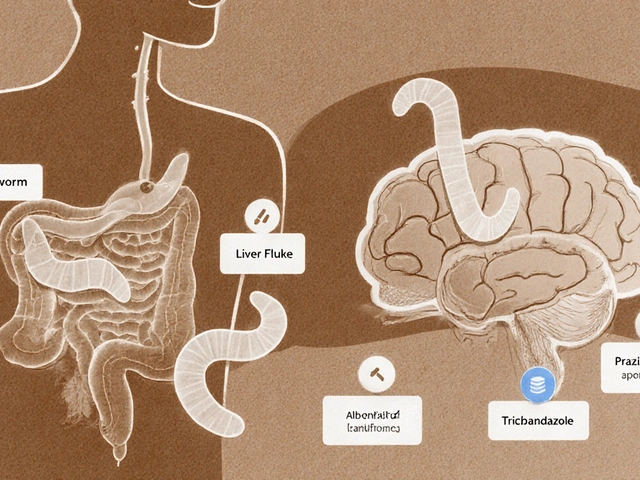Metabolism: Practical Tips to Boost Energy, Manage Weight, and Stay Healthy
Metabolism is how your body turns food into energy. If it feels slow, you don’t need a miracle — small, consistent habits move the needle. Below are simple, realistic steps you can use right away, plus a quick note on medicines and tests that commonly affect metabolic health.
Quick daily habits that raise metabolism
Eat protein at every meal. Protein needs more energy to digest than carbs or fat, and it helps preserve muscle — both boost resting calorie burn. Aim for a palm-sized portion (20–30 g) at breakfast, lunch and dinner.
Lift weights twice a week. Muscle tissue burns more calories than fat even when you’re resting. You don’t need a gym: bodyweight moves (squats, push-ups, rows) work fine and build lean mass.
Move regularly. Break long sitting sessions every 30–60 minutes with 2–5 minutes of walking or stretching. Small walks after meals help blood sugar and digestion.
Sleep matters. Poor sleep raises hunger hormones and lowers insulin sensitivity. Shoot for 7–8 hours and keep a regular bedtime. Even one week of better sleep often improves energy and appetite control.
Hydrate and time meals. Drinking water before meals can reduce overeating. Eating a mix of protein, fiber and healthy fat slows digestion and stabilizes blood sugar — reducing energy crashes that make you slow down.
Medications, conditions, and tests that matter
Some drugs change metabolism. Common examples include thyroid medications (levothyroxine), metformin for insulin resistance, steroids which can raise appetite and weight, and certain beta-blockers that may lower resting metabolic rate. If you’re starting or stopping meds, expect some shifts in weight and energy.
If you’re worried something medical is behind low energy or weight changes, ask for these basic tests: TSH (thyroid), fasting glucose or HbA1c (blood sugar control), and a lipid panel (cholesterol). Your doctor may suggest additional checks based on symptoms.
Thinking about alternatives to drugs like metformin? Talk to a clinician first. Diet, activity and sleep can be powerful, but some conditions need medication. If you’re already on meds, don’t stop them without professional advice.
Practical 7-day starter: increase protein at meals, add two short strength sessions, take 10 extra minutes of walking daily, sleep 7–8 hours, and drink an extra liter of water. Track energy and weight for a week and adjust.
If you want deeper help, look for a dietitian or endocrinologist. They can interpret tests, check for medication effects, and build a plan tailored to your life. Small changes add up — pick two habits above and stick with them for a month to see real results.









